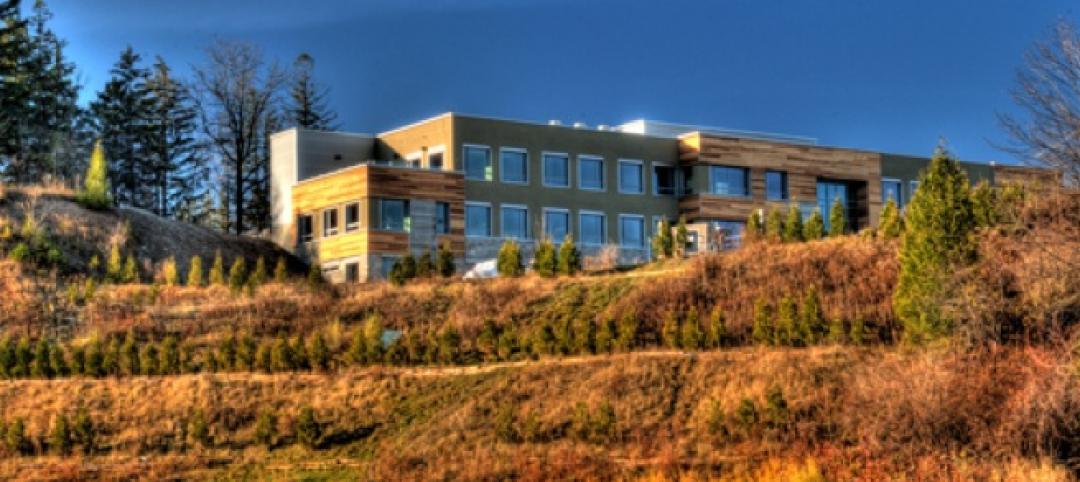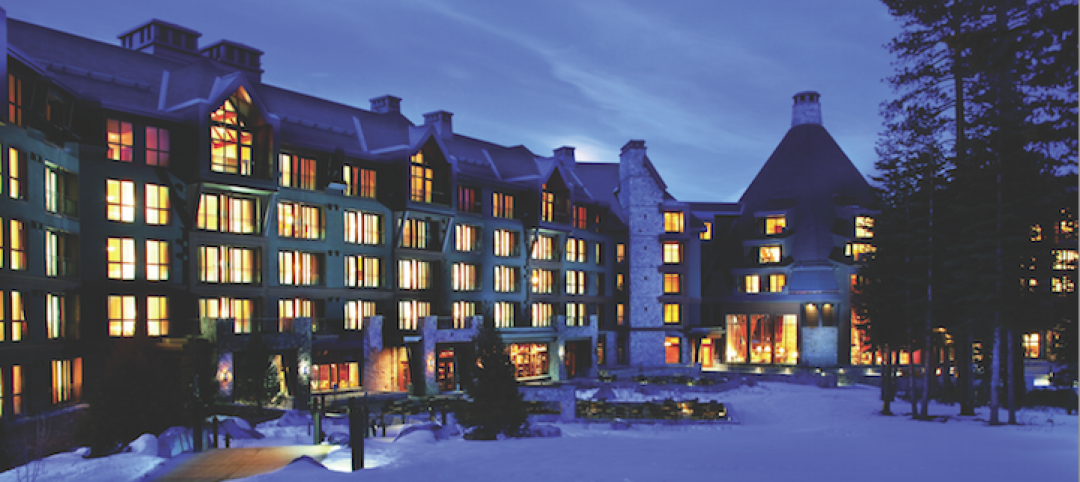The recent approval of the Southern Pine Inspection Bureau’s (SPIB) new design values for visually graded Southern Pine lumber by the American Lumber Standard Committee (ALSC) Board of Review has generated more questions among producers and customer groups.
The Southern Forest Products Association (SFPA) facilitated a task group of industry leaders representing key customer groups to develop answers to the most commonly asked questions regarding new design values and their implementation. This new collection of questions and answers is now available at www.southernpine.com.
SPIB issued Supplement No.9 to the 2002 Standard Grading Rules for Southern Pine Lumber providing new design values effective June 1, 2012.
The only design values that will change on June 1 apply to visually graded Southern Pine and Mixed Southern Pine sized 2 to 4-in-wide and 2 to 4-in-thick (2x2s through 4x4s) in No.2 and lower grades (No.2, No.3, Stud, Construction, Standard and Utility).
What about dense and nondense lumber? What about prime lumber grades? What happens between now and June 1?
These are among the new questions answered in SFPA’s updated web pages. A helpful table is included listing the new design values for Southern Pine and Mixed Southern Pine, effective June 1, 2012.
Answers address transition issues, how to obtain similar load-carrying capabilities, and why only some grades and sizes are affected at this time. More than two-dozen questions are answered in this updated collection, including a supplemental set of questions with answers providing important background information on this issue.
“The effective date of June 1 allows for an orderly transition to the new design values,” says Cathy Kaake, SFPA’s senior director of engineered and framing markets. “These answers address the most common questions raised since the ALSC’s decision earlier this month,” she adds.
The Southern Forest Products Association (SFPA) continues to facilitate the dialog about new design values and their implementation. Between now and June 1, SFPA will provide more information as it becomes available; check www.southernpine.com frequently for updates. BD+C
Related Stories
| Sep 13, 2010
World's busiest land port also to be its greenest
A larger, more efficient, and supergreen border crossing facility is planned for the San Ysidro (Calif.) Port of Entry to better handle the more than 100,000 people who cross the U.S.-Mexico border there each day.
| Sep 13, 2010
Triple-LEED for Engineering Firm's HQ
With more than 250 LEED projects in the works, Enermodal Engineering is Canada's most prolific green building consulting firm. In 2007, with the firm outgrowing its home office in Kitchener, Ont., the decision was made go all out with a new green building. The goal: triple Platinum for New Construction, Commercial Interiors, and Existing Buildings: O&M.
| Sep 13, 2010
Stadium Scores Big with Cowboys' Fans
Jerry Jones, controversial billionaire owner of the Dallas Cowboys, wanted the team's new stadium in Arlington, Texas, to really amp up the fan experience. The organization spent $1.2 billion building a massive three-million-sf arena that seats 80,000 (with room for another 20,000) and has more than 300 private suites, some at field level-a first for an NFL stadium.
| Sep 13, 2010
'A Model for the Entire Industry'
How a university and its Building Team forged a relationship with 'the toughest building authority in the country' to bring a replacement hospital in early and under budget.
| Sep 13, 2010
Committed to the Core
How a forward-looking city government, a growth-minded university, a developer with vision, and a determined Building Team are breathing life into downtown Phoenix.
| Sep 13, 2010
Conquering a Mountain of Construction Challenges
Brutal winter weather, shortages of materials, escalating costs, occasional visits from the local bear population-all these were joys this Building Team experienced working a new resort high up in the Sierra Nevada.
| Sep 13, 2010
Data Centers Keeping Energy, Security in Check
Power consumption for data centers doubled from 2000 and 2006, and it is anticipated to double again by 2011, making these mission-critical facilities the nation's largest commercial user of electric power. With major technology companies investing heavily in new data centers, it's no wonder Building Teams see these mission-critical facilities as a golden opportunity, and why they are working hard to keep energy costs at data centers in check.
| Sep 13, 2010
3D Prototyping Goes Low-cost
Today’s less costly 3D color printers are attracting the attention of AEC firms looking to rapidly prototype designs and communicate design intent to clients.
| Aug 11, 2010
Cubellis principals reorganize as CI design
Former principals of Cubellis Inc. have formed ci design "with a stellar group of projects in the United States and internationally," states John Larsen who, with Richard Rankin and Christopher Ladd, is leading the architecture and planning firm.
| Aug 11, 2010
Leo A Daly changes name of STH, completes acquisition
LEO A DALY has changed the name of STH Architectural Group to the name of its parent company, Leo A Daly. STH was acquired in February 2009 as a strategic move to accelerate growth in its core business sectors and to strengthen the firm's presence in the Florida market.















